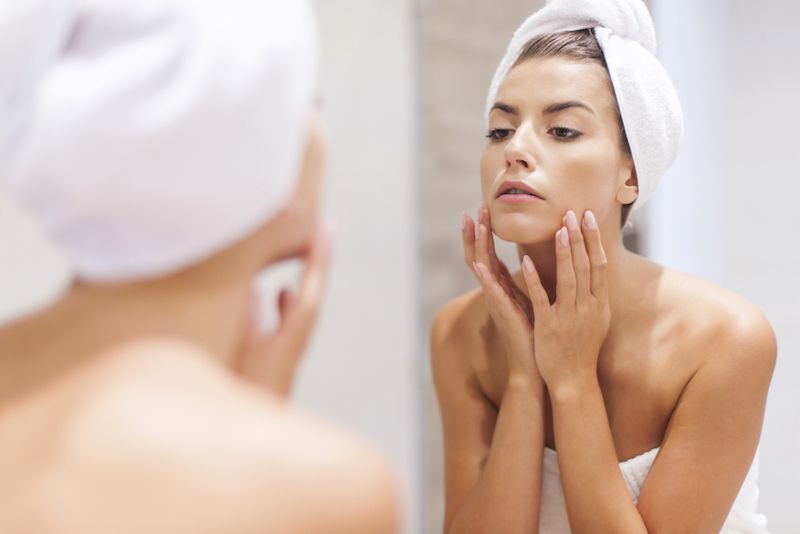Acne is a common skin condition that can be triggered by various factors, including hormonal imbalances, genetics, and dietary choices. Interestingly, some people experience acne outbreaks as a result of vitamin B12 supplementation. While B12 is essential for our health, excessive levels can lead to increased sebum production and acne formation. If you’re dealing with acne caused by B12, here are some effective strategies and tips to manage it:
Table of Contents:
Understanding B12 Acne
When we consume high doses of B12 through supplements or fortified foods, it can disrupt our natural hormone balance. This imbalance can stimulate the sebaceous glands in our skin to produce more oil, leading to clogged pores and acne breakouts. B12 acne is often characterized by small, red bumps on the face, neck, or back.
Identifying B12 Acne
It’s important to distinguish B12 acne from other types of acne to determine the appropriate treatment. B12 acne typically appears shortly after starting B12 supplementation and may worsen with continued use. If you suspect that your acne is related to B12, consult a dermatologist for a proper diagnosis.
Treatment Options
- Skincare Routine Adjustments: Use gentle cleansers and non-comedogenic moisturizers to keep your skin clean and hydrated without clogging pores. Avoid harsh products that can irritate your skin.
- Dietary Changes: If you’re getting excess B12 from supplements or fortified foods, consider reducing your intake. Focus on a balanced diet rich in vitamins and minerals to support overall skin health.
- Lifestyle Modifications: Manage stress levels, get enough sleep, and engage in regular exercise to promote overall well-being, which can indirectly improve skin health.
Topical Treatments
Over-the-counter acne treatments containing ingredients like salicylic acid or benzoyl peroxide can help unclog pores and reduce inflammation. Consider using these products as part of your skincare routine, but be mindful of any potential irritation.
Oral Medications
For more severe cases, dermatologists may prescribe oral antibiotics to reduce inflammation and control bacteria. Isotretinoin, a powerful medication, may be recommended for severe, persistent acne, but it requires careful monitoring due to potential side effects.
Professional Treatments
Chemical peels and laser therapy are professional treatments that can help improve acne by exfoliating the skin and targeting acne-causing bacteria. These treatments are usually performed by dermatologists and should be tailored to your specific skin needs.
Prevention Tips
To prevent B12-induced acne, it’s essential to monitor your B12 levels and consult healthcare providers before starting or adjusting supplementation. Balance your B12 intake with other B vitamins and nutrients to maintain overall health and minimize potential side effects.
In conclusion, acne caused by B12 supplementation can be managed effectively with the right approach. By understanding the underlying causes and implementing these strategies, you can improve your skin health and reduce acne breakouts. If you’re struggling with persistent or severe acne, seek professional advice for personalized treatment options.

